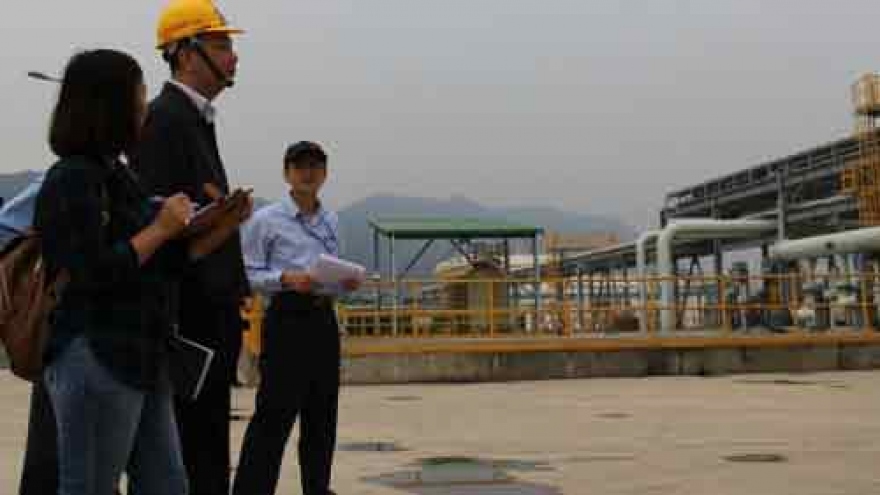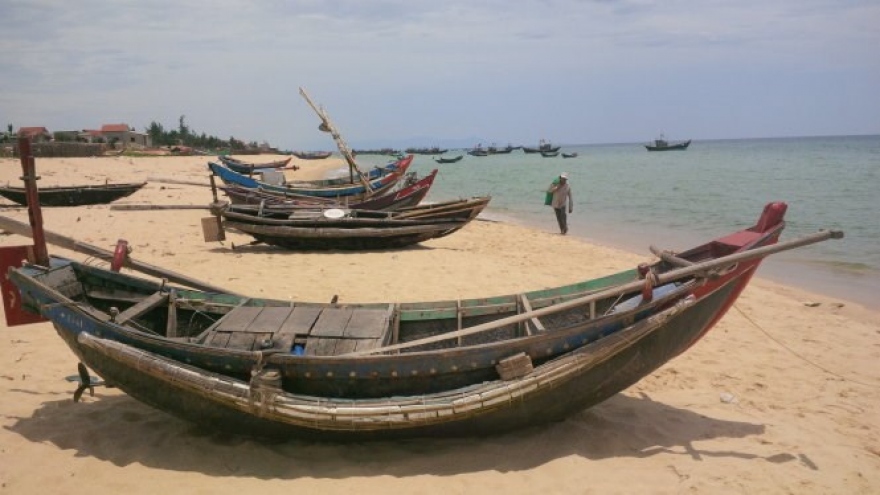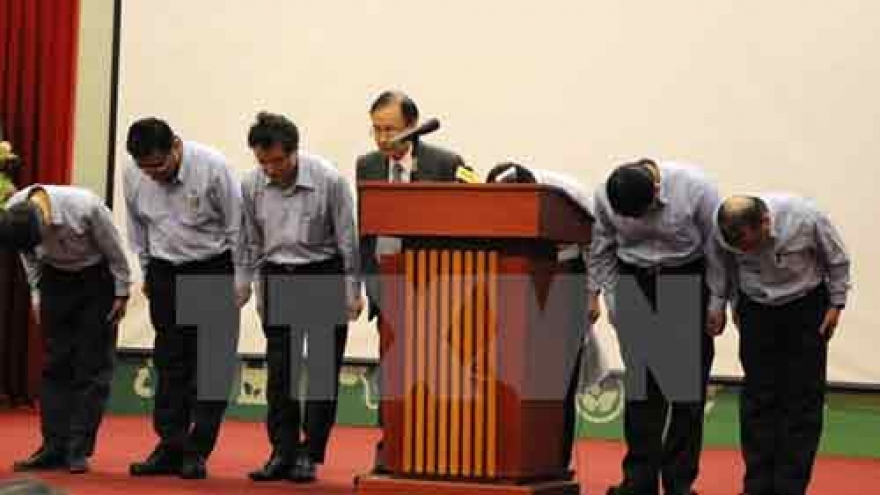Businesses learn lessons from Formosa scandal
The biggest environmental scandal ever in Vietnam by Taiwan’s Formosa Plastics Corporation has caused foreign firms doing business here to be more concerned with regards to environmental protection issues.
Hong Sun, general secretary of Korea Chamber of Business in Vietnam, and chief executive officer and president of HSDC Company, told VIR that Formosa’s large fine for the affected people “was a serious warning to all foreign and local investors and businesses operating in Vietnam without due attention to environmental protection.”
Formosa Plastics Corporation, the investor of the US$10.5 billion steel and port complex in the central province of Ha Tinh’s Vung Ang Economic Zone, has promised to pay US$500 million in compensation for the killing of a huge amount of fish and destroying the sea environment in four central coastal provinces of Ha Tinh, Quang Binh, Quang Tri, and Thua Thien-Hue.
“In the future, firms will not only suffer from financial penalties, but their name and prestige will also be affected. Therefore, firms should have suitable, sustainable operations in Vietnam,” Sun said.
 |
He added that the Formosa scandal could also help the government limit environmental risk in the future. “Investors will have to pay more attention to environmental protection. Formosa’s compensation also reflects the government’s efforts to create a level playing field. This is especially important for investors to obey Vietnam’s laws.”
According to Adam Sitkoff, executive director of AmCham in Vietnam, the scandal showed the importance of understanding the link between business operations and the society, and the importance of conducting business in a way that creates both long-term economic and social value.
“When rules and laws are broken, the government should take action in a fair and transparent manner. We believe in the rule-of-law and encourage the government of Vietnam to improve and enforce environmental regulations as the economy continues to grow,” he told VIR.
“Our business community shares best practices in environmental protection and corporate social responsibility. We encourage all businesses to do the same because businesses need to operate in a sustainable and responsible manner.”
According to Sun, the Formosa scandal will surely affect Vietnam’s attraction of foreign direct investment (FDI), especially when the government has decided to check all foreign-invested projects prone to environmental pollution.
“This will inevitably cause some psychological concerns among investors,” Sun said. “Formosa’s compensation of US$500 million has demonstrated the fact that the government remains not too severe to the firm, but it will not sacrifice the environment in order to lure FDI at any cost.”
However, Nguyen Viet Ha, director of a US-backed investment consultancy firm in Hanoi, told VIR that many foreign investors, including those coming from the US, were assessing how the government dealt with the Formosa scandal in order to have appropriate investment plans for Vietnam.
“They are consulting us about the issue. For example, a foreign firm which is planning to invest over US$1 billion into an IT project in Vietnam, is desired by many provinces and cities. But the firm reported that how the government handle the scandal in a transparent manner was very important to its investment decision here,” Ha said.
According to Minister of Natural Resources and Environment Tran Hong Ha, Vietnam is pursuing sustainable development and will not sacrifice its environment at any cost.
“Regarding investment attraction, I think the government needs to stipulate a system of criteria for projects, with special priorities given to environmental friendly projects,” Ha said. “The government and localities should say ‘no’ to unsustainable projects and they must invest more into environmental protection.”
Deputy Prime Minister Truong Hoa Binh has asked relevant government agencies to inspect the licensing process for Formosa’s complex.
Any negative actions would face strict punishments.
Some foreign firms have also faced strict punishments. For example, Taiwan’s Mei Sheng Textile Vietnam Company in the southern province of Ba Ria-Vung Tau recently earned a fine of VND637 million (US$29,000) for its destroying the environment and have its factory closed down until it overcomes its violations and improve technology.
In another case, Hong Kong-backed Lee & Man Paper Co., Ltd., the investor of a US$1.2 billion paper production factory in the southern province of Hau Giang, is now faced with a Ministry of Natural Resources and Environment inspection kicked off from July 1.
Numerous associations, experts, and residents have expressed concerns that this factory could cause serious environmental pollution if its waste treatment system is not scrutinized and comes into operation in August.
The project is reported to be able to discharge about 28,500 tonnes of soda, arsenic, and cyanide each year into the province’s Hau River and the sea.



